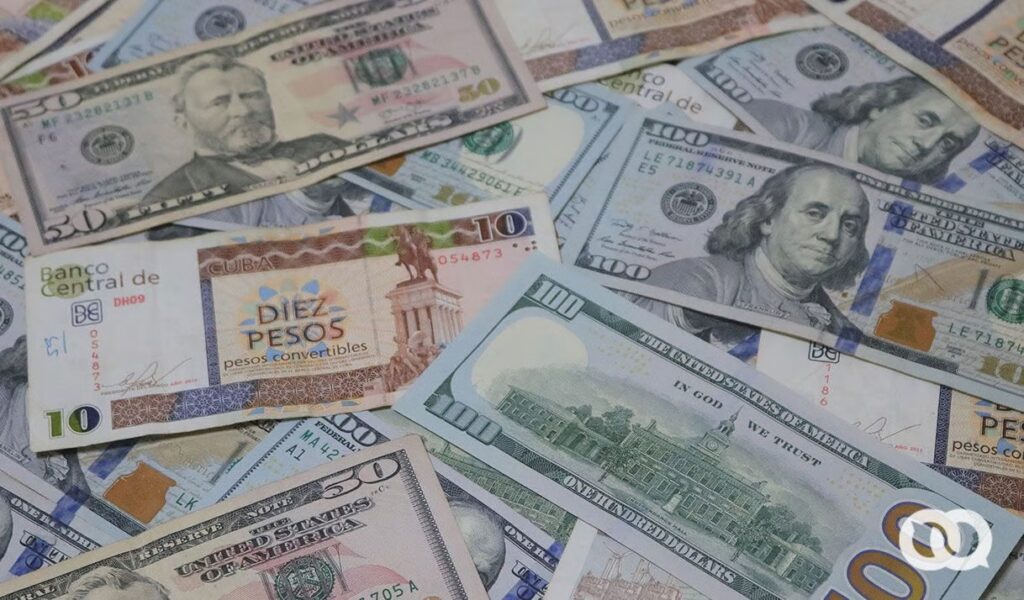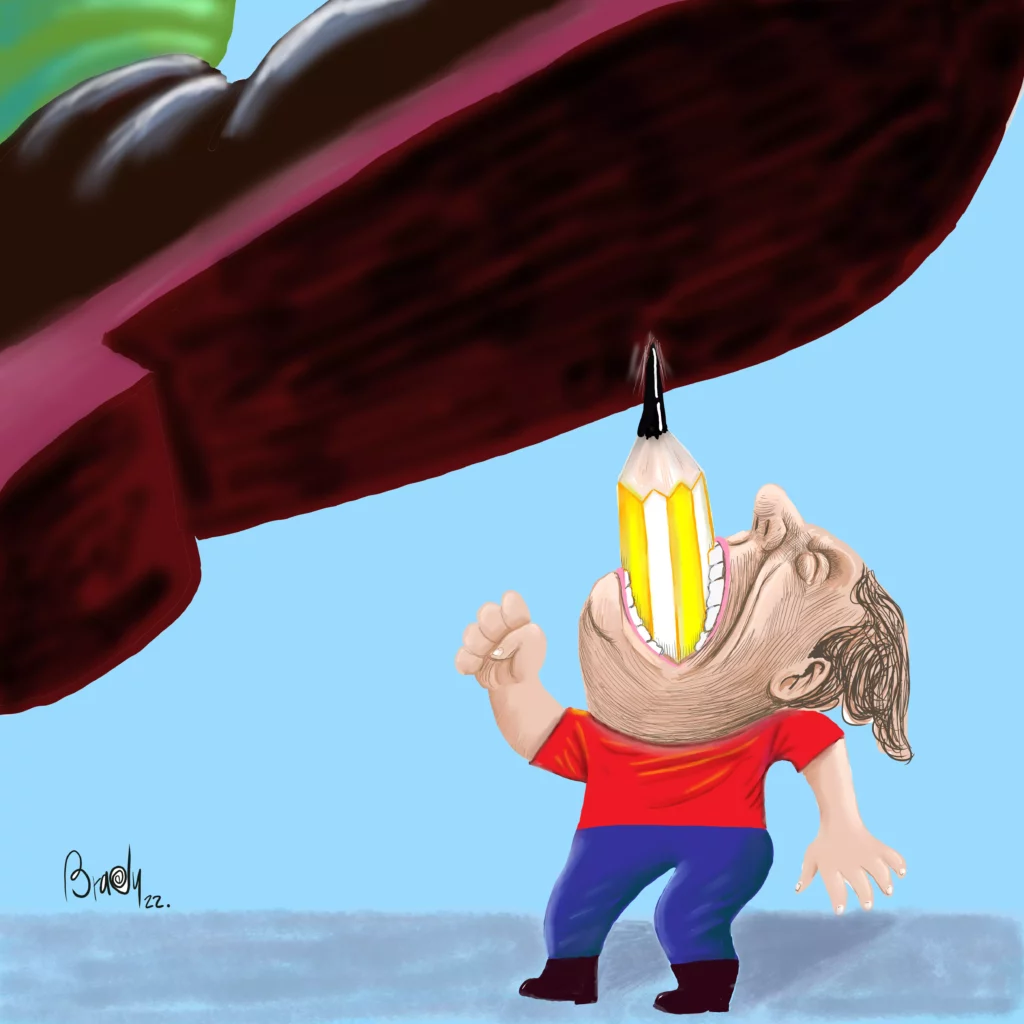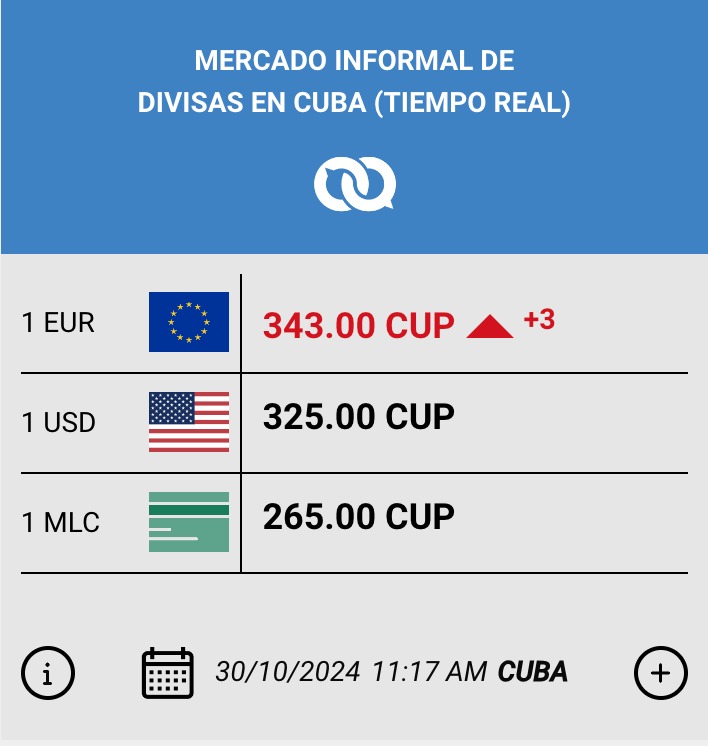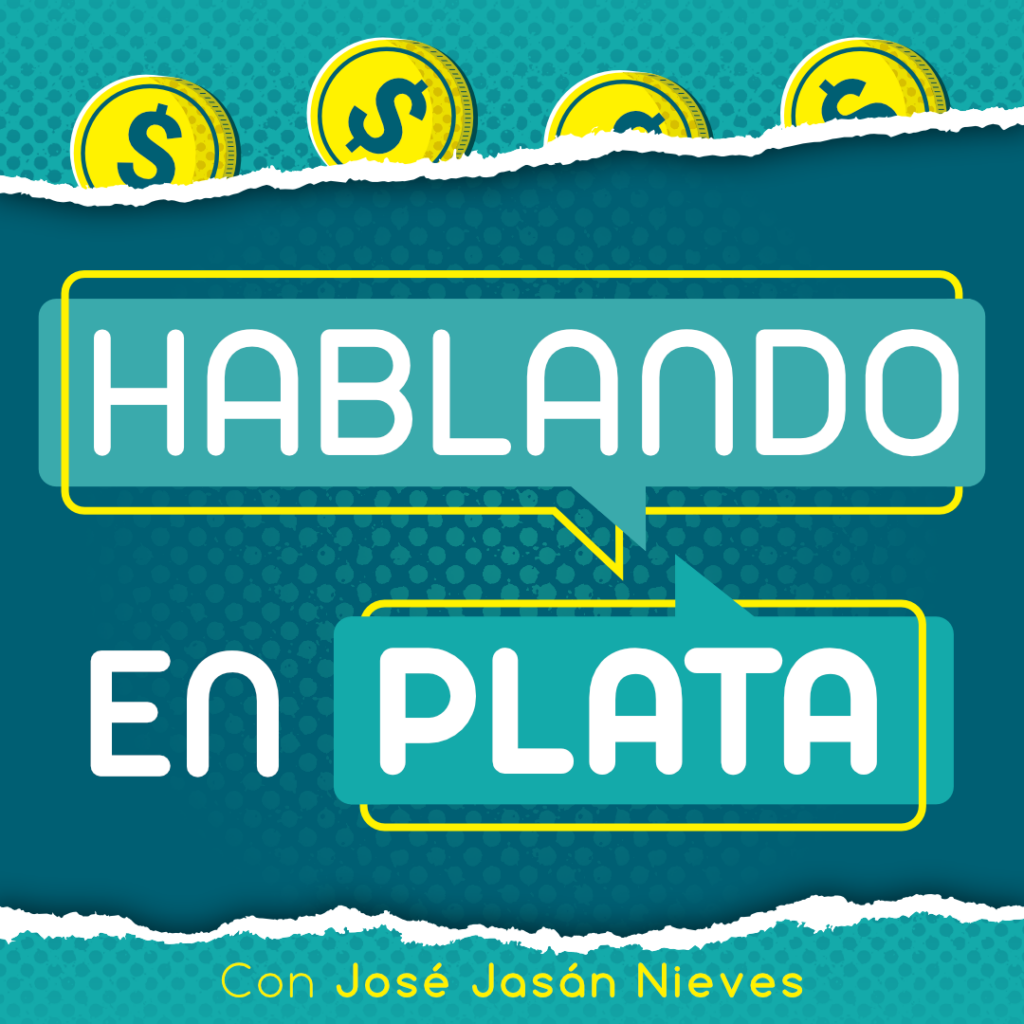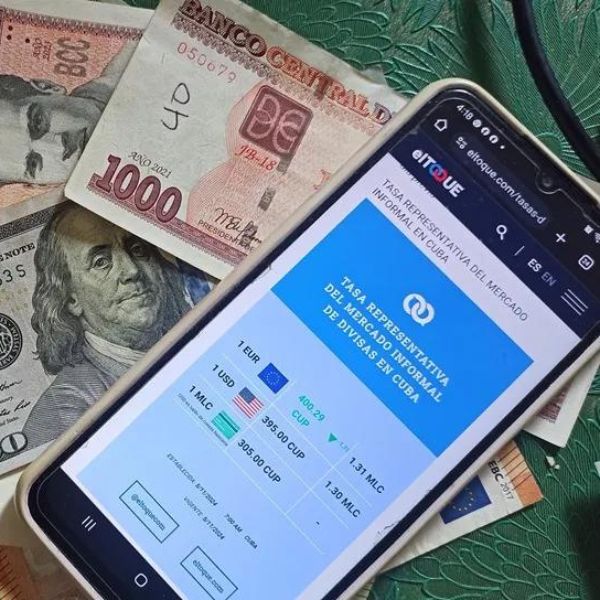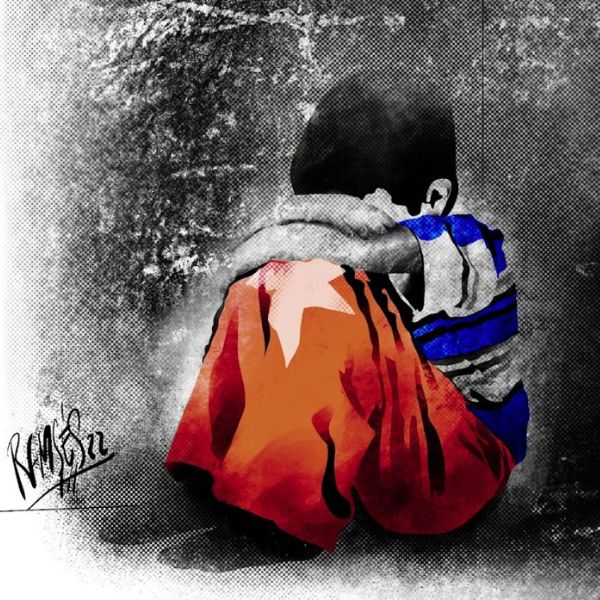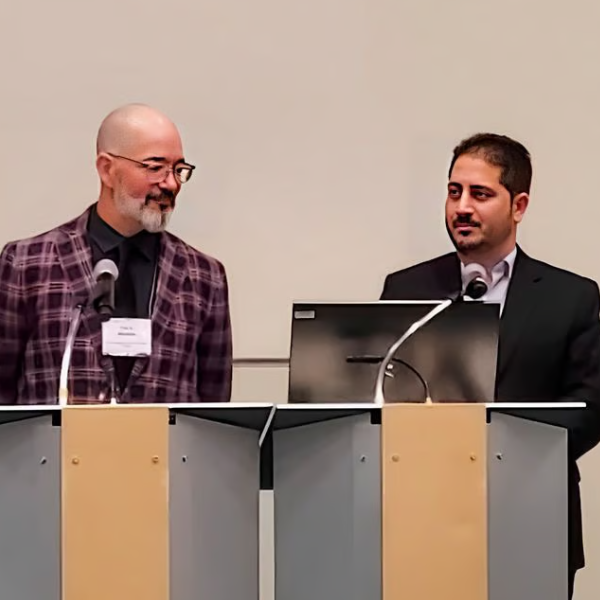José Jasán Nieves, the exiled editor of El Toque, continues to face threats despite relocating to Miami. These threats, believed to come from Cuban state security, show the Cuban government’s reach beyond its borders, targeting journalists who challenge the regime. El Toque’s reporting on Cuba’s black-market economy, particularly its coverage of unofficial exchange rates, has drawn ire from Cuban authorities, who view the platform’s independent journalism as dangerous. Nieves and his team, spread across various countries, remain committed to reporting on Cuba despite these escalating risks.
The Cuban government’s tactics reflect an increasing effort to suppress dissent and intimidate exiled journalists. Nieves recounts receiving threatening messages, as well as attempts to discredit him and his colleagues through coordinated smear campaigns. These strategies are meant to silence not only those within Cuba but also those who have managed to escape the island and continue their work abroad. Even outside Cuba, the shadow of government surveillance and repression looms large, demonstrating that the regime’s campaign to control the narrative knows no borders.
Despite these challenges, El Toque remains a vital source of uncensored information on Cuba, offering critical analysis of the country’s economic and social conditions. The platform has become increasingly important as Cubans inside the island look for alternative viewpoints, particularly on economic issues that are tightly controlled by the state. The threats faced by Nieves and his team highlight the growing risks for Cuban journalists, both inside and outside of the country, as they challenge the official narrative and offer a platform for dissenting voices.
Created with information from: Columbia Journalism Review

